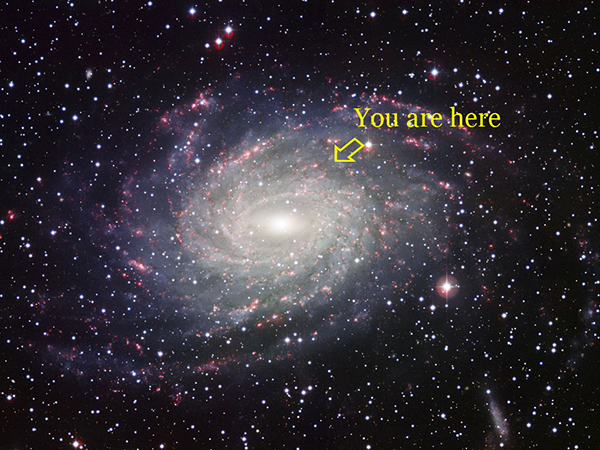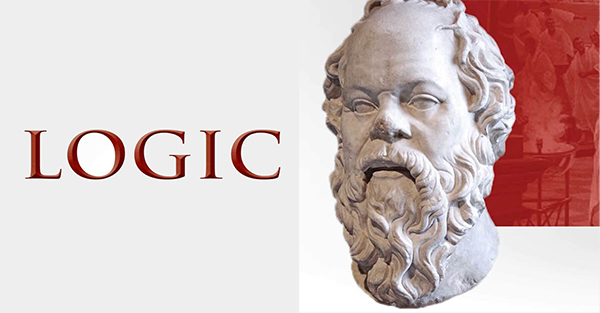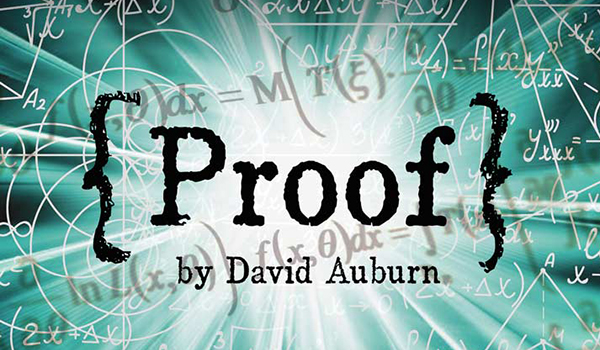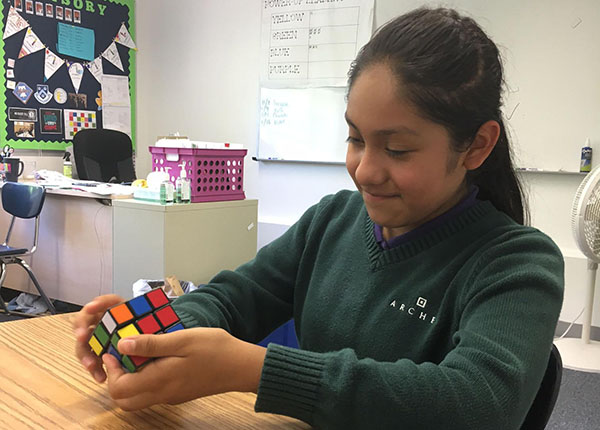Math 4 Programmers
Math 4 Programmers is a full year high school course. Student develop advanced mathematics skills and understanding needed to succeed in electronics, computer science and information technology fields. The course includes an in-depth exploration of topics such as, set theory, logic, reasoning and proof that are essential to writing, and understanding, programming code. The course aims to develop computational thinking and problem solving skills. Activities also build career awareness about programming and computing skills in a variety of fields.
Click on a link to jump ahead to the following sections:

Lessons
- Unit 1: To Infinity and Beyond - The goal of Unit 1 is to excite students about the mathematics behind programming code. Students explore the mathematics and history of representing really big numbers. Students also explore the biggest number of all - infinity. Infinite series provide a backdrop to the sometimes bewildering behavior of infinity, and the story of the man whose passion for the infinite was religious in nature.

- Unit 2: Set Theory - In this unit, students explore the concepts and notations of sets, subsets and Venn diagrams.

- Unit 3: Logic - In this unit, students explore the connection between logic and computer programming. The work of Alan Turing is studied as a model of computational problem solving. Students are challenged with a variety of case studies that require students to prove their reasoning.
 Unit 4: Proofs- In this unit, students learn that logic is an instrument for the analysis of reasoning, whose objects is to distinguishing good, or valid, reasoning from bad, or invalid reasoning.
Unit 4: Proofs- In this unit, students learn that logic is an instrument for the analysis of reasoning, whose objects is to distinguishing good, or valid, reasoning from bad, or invalid reasoning.
 Unit 5: Binary and Other Number Systems - In this unit, students investigate how to represent base-10 numbers in other number-base systems. The binary, hexadecimal and octal number systems are explored in depth.
Unit 5: Binary and Other Number Systems - In this unit, students investigate how to represent base-10 numbers in other number-base systems. The binary, hexadecimal and octal number systems are explored in depth.
 Unit 6: Game Theory - In this unit, students explore game theory and its applications to computer programming.
Unit 6: Game Theory - In this unit, students explore game theory and its applications to computer programming.
 Unit 7: Discrete Math - In this unit, students explore combinatorics and its applications to computer programming.
Unit 7: Discrete Math - In this unit, students explore combinatorics and its applications to computer programming.

Resources - Math 4 Programmers
The following are links to resources for Math 4 Programmers:
Questions, Comments and Concerns
Please free to contact Alyve with any corrections or suggestions.
Also, please contact Alyve if you feel that any of the content is derived from copyrighted material.
Contact Alyve